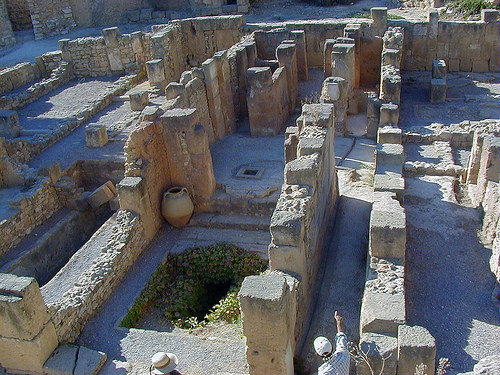The Phoenician culture that dominated the Middle East, North Africa, and the Mediterranean for 400 years has been assumed to have developed in Lebanon. New research conducted by Professor Lisa Matisoo-Smith of the Department of Anatomy at the University of Otago in New Zealand is the first to show that the residents of the last outpost of Phoenician culture in Carthage had a unique group of genes that could only have come from people that lived in modern Portugal.
The first complete mitochondrial genome of an ancient Phoenician called the Young Man of Byrsa had a European mitochondrial haplogroup called U5b2cl. A haplogroup is a genetic group with a common ancestor. The U5b2cl group was only found in ancient hunter-gatherers from the Iberian Peninsula. Byrsa is a citadel that protected the harbor of ancient Carthage.
One percent of Europeans still retain the U5b2cl haplogroup. None of the 47 modern Lebanese people involved in the study had any evidence of the ancient DNA. The remains of resident of Carthage that was 2.500 years old had the DNA that is most like the DNA of the modern people of Portugal.
The Phoenician civilization lasted for 3.000 years. There is no definite evidence that the Phoenicians came from Lebanon. The probable origin of the European DNA in a resident of Carthage was the mating of a Phoenician with a woman from the islands south of Portugal. The Phoenicians are known to have sailed to Portugal. The proximity of Carthage to Portugal supports the conclusion that European DNA was a part of the Phoenician genome as early as 600 B. C. E.















